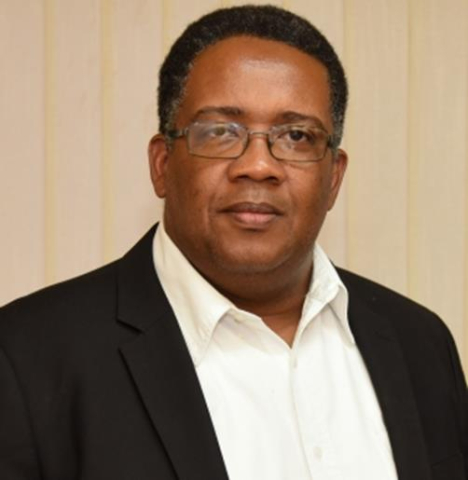

LATIN AMERICA and the Caribbean is among the regions that is to host one in a series of meetings being organised by the United Nations Environment Programme (UNEP) and partners, as the world races against the clock to reduce greenhouse gas emissions, amidst the unrelenting heat and other climate impacts.
According to information out of UNEP, the meetings are being hosted specifically to raise emissions ambitions through individual country attention to nationally determined contributions (NDCs), which are to be submitted next year.
Emissions – fuelled by the human consumption of fossil fuels such as oil and gas – are triggering a range of climate impacts that extend beyond the blazing heat to things like extreme weather events, such as Hurricane Beryl that was recently experienced in the Caribbean, and coastal erosion, among others.
NDCs, meanwhile, reflect individual country plans to reduce emissions, in accordance with the United Nations Framework Convention on Climate Change and their obligations under the Paris Agreement.
The Paris Agreement, inked in 2015, sees countries committing to “holding the increase in the global average temperature to well below two degrees Celsius above pre-industrial levels and pursuing efforts to limit the temperature increase to 1.5 degrees Celsius above pre-industrial levels, recognising that this would significantly reduce the risks and impacts of climate change”.
Also forming a part of their commitments under the agreement is “increasing the ability to adapt to the adverse impacts of climate change and foster climate resilience and low greenhouse gas emissions development, in a manner that does not threaten food production”. This is in addition to “making finance flows consistent with a pathway towards low greenhouse gas emissions and climate-resilient development”.
For the NDCs due in 2025, called NDCs 3.0, countries are being urged to demonstrate ambition with their targets up to 2035, which should make it possible to limit the warming of the planet – the effects of which have been felt worldwide this summer – to 1.5 degrees Celsius.
This 1.5 goal is one that has been championed for many years now by small island developing states, including those of the Caribbean. To exceed that limit, they have maintained, is to have catastrophic climate change reach their shores, with devastating impacts for their populations and economies.
“Aiming for 1.5 degrees Celsius gives us half a chance of a livable future. We must not relinquish the goal,” said Professor Michael Taylor, renowned Jamaican and Caribbean climate scientist who was a lead author for the Intergovernmental Panel on Climate Change’s special report on 1.5 degrees of global warming.
Taylor, a physicist, was addressing a 2021 national engagement to discuss the Glasgow Climate Talks, organised by the Climate Change Division and the United Nations Development Programme.
At the time, he also urged stepped-up efforts at adaptation and loss and damage, noting, “adaptation and loss and damage because 1.5 is not a safe climate; it is a compromised climate for the Caribbean”.
Since that time, small island developing states have won the battle for a Loss and Damage Fund to help developing countries that are especially vulnerable to the adverse effects of climate change. The fund was finally agreed at COP28, the international climate talks held in the United Arab Emirates last December.
EMISSIONS MUST FALL
The UNEP has itself noted the imperative of significantly scaled-up best efforts to address climate change.
“To provide climate justice for all and preserve a livable planet, greenhouse gas emissions must fall dramatically and efforts to adapt to climate impacts must be stepped up,” Inger Andersen, executive director of the UNEP noted last month in a UNEP news release on the subject.
“However, greenhouse gas emissions are not falling, global temperatures are hitting new highs, and vulnerable populations are suffering. NDCs 3.0 must match the moment we face and be far more ambitious,” she added.
It is against this background that UNEP and its partners, including the UNFCCC and the NDC Partnership, are collaborating to breathe life into the NDCs 3.0 Regional Fora, designed to help to influence the next round of climate negotiations, while helping countries to deliver on their commitments.
The Latin America and Caribbean meeting is set for August 27-29 and is to be hosted by the government of Colombia in Bogota. With one already held in Samoa for the Pacific, others are to follow in Eastern Europe and Central Asia; the Middle East and North Africa; Asia; and Africa.
“These fora will be closed-doors events, targeting government officials responsible for NDCs revisions from all countries in each region. Inclusivity and equal representation will be ensured through the invitation of selected resources spokespeople from youth and other under-represented and marginalised groups,” the UNEP release explained.
Follow the Faculty of Science and Technology on Instagram @uwimona_fst and on Facebook at The Faculty of Science and Technology, The UWI Mona. For inquiries, WhatsApp us at 1-876-552-4691, call us at 1-876-927-1660-9, or email us at fst@uwimona.edu.jm.
Published on 20 Sep, 2024